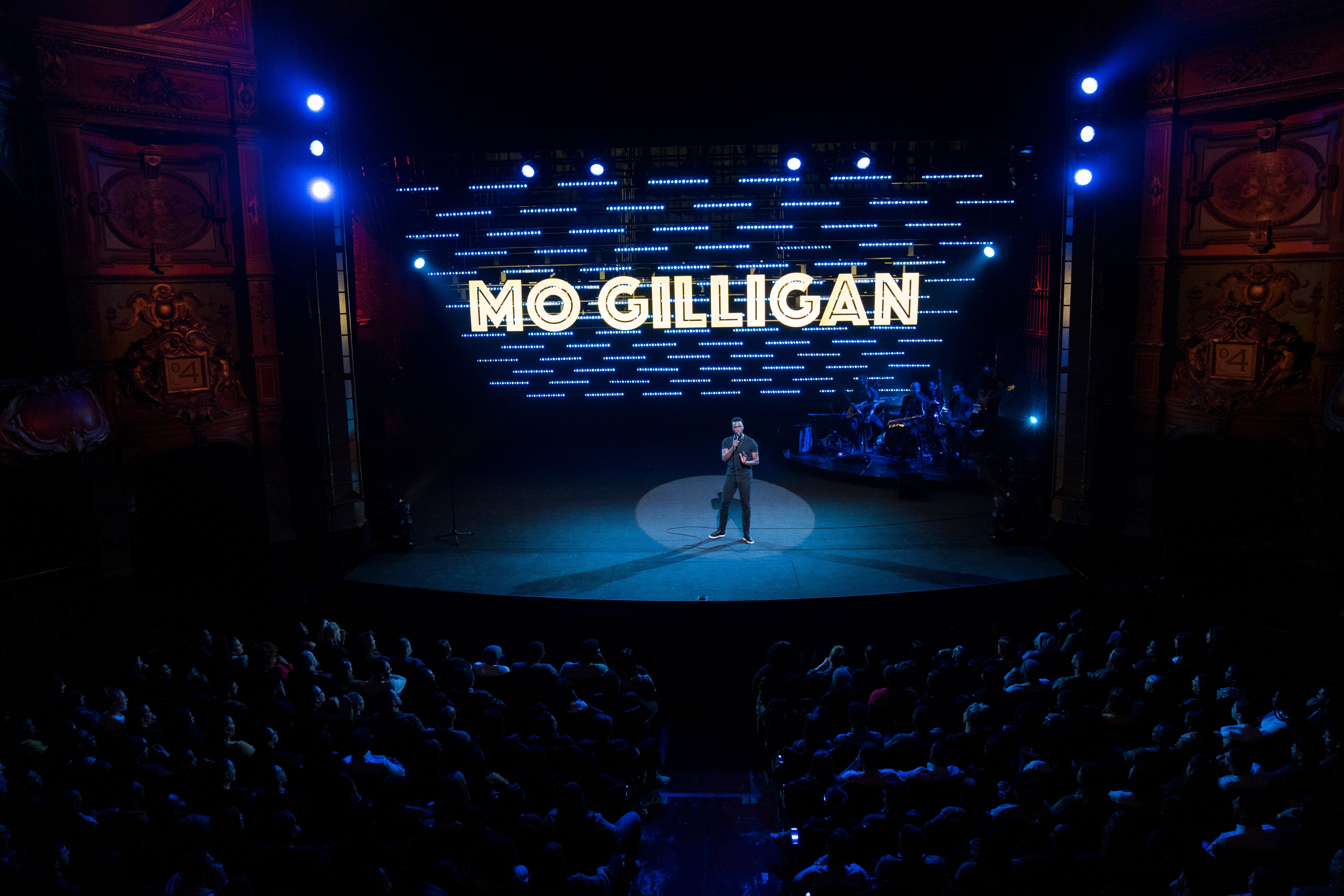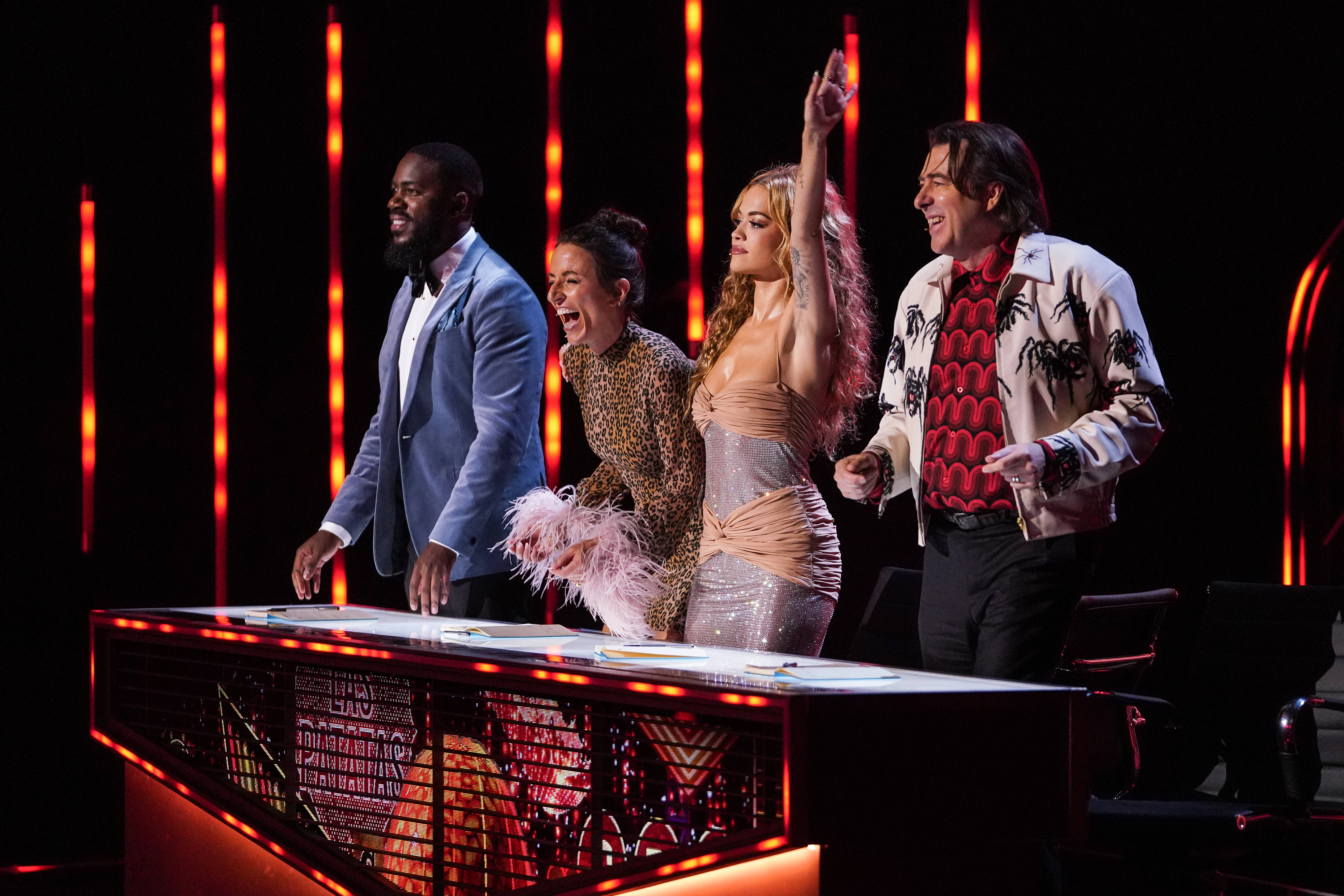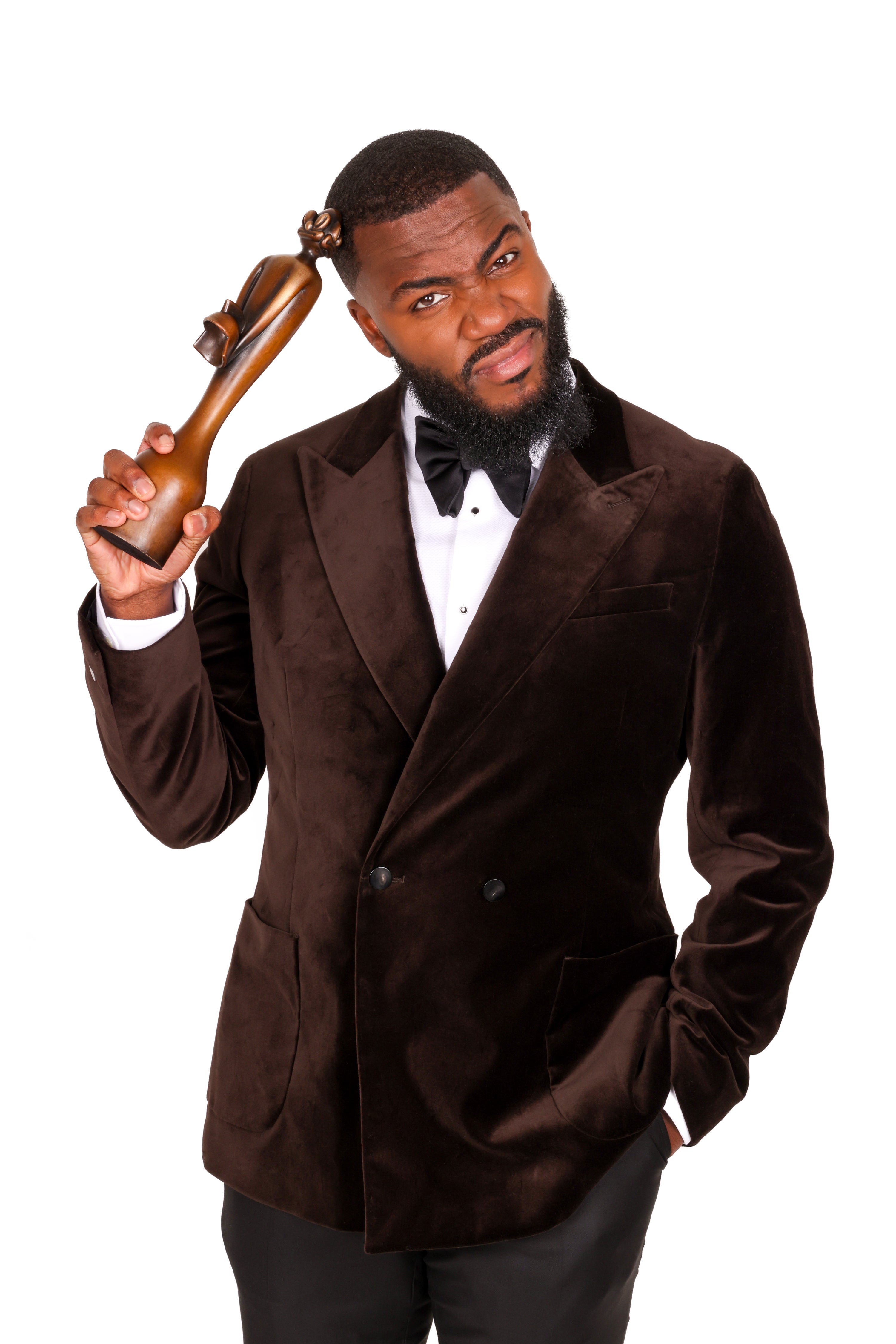‘Our youth clubs are being converted into food banks’: Mo Gilligan on the cost of living crisis, gentrification and The Brits
The comedian talks to Isobel Lewis about people being priced out of the areas where they grew up


Your support helps us to tell the story
This election is still a dead heat, according to most polls. In a fight with such wafer-thin margins, we need reporters on the ground talking to the people Trump and Harris are courting. Your support allows us to keep sending journalists to the story.
The Independent is trusted by 27 million Americans from across the entire political spectrum every month. Unlike many other quality news outlets, we choose not to lock you out of our reporting and analysis with paywalls. But quality journalism must still be paid for.
Help us keep bring these critical stories to light. Your support makes all the difference.
If there’s one thing celebrities love, it’s insisting that they’re just like you. Usually, those comments are met with eyerolls, but when Mo Gilligan tells you he’s a normal guy, I for one believe him. He may rarely be off our TV screens, but the stand-up comedian counteracts the glitz and glamour, the live TV and awards’ shows, by gardening and scoping out deals in his local Sainsbury’s. “I’m very much into really mundane, core normality things because there’s things I do in my life that I don’t want to normalise yet,” he tells me.
You can’t blame Gilligan for being overwhelmed by his success. In a few years, the 34-year-old has gone from stand-up comic (performing under the name Mo the Comedian) and social media star to a Bafta-winning presenter. Looking for entertainment on a Friday night? He’s hosting The Big Narstie Show and his own chat-focused The Lateish Show with Mo Gilligan. Scrolling Netflix on a hungover Sunday? Watch his stand-up specials. Flicking channels on a Saturday eve? You’ll find him on the judging panel on The Masked Singer or presenting That’s My Jam or, this weekend, at the helm of the Brit Awards.
It’s Gilligan’s second year hosting the biggest night in British music and you can tell he’s thrilled to be asked back. Last year, he learnt he’d got the gig in a KFC car park – the same one, in fact, where he got his offer for The Masked Singer, fame once again infiltrating his normal life. We meet in a Soho bar; Gilligan arrives in a green and white Supreme sweatshirt with matching Nikes, his hair cropped short and his beard long. He’s a relaxing presence to be around, often slipping into silly voices or impersonations. It’s important, he says, that he never gets used to all the madness that surrounds him.
“I’ll be in my mum’s house and an advert pops up... and I’ll be like, ‘Oh rah, that’s me,’” he says, with a laugh. A southeast London boy through and through, Gilligan grew up with his mum in Camberwell before moving just up the road to Peckham while he was still a kid. He was, and has always been, “surrounded by a lot of joyous people”, his childhood all about “climbing trees, going on garages and sheds we shouldn’t have been on”. This was a pre-internet era – and besides, “no one could afford it at that time anyway”.
Friends told him he was funny and teachers pushed him towards the performing arts, but Gilligan wanted to be a footballer. It was HBO’s Def Comedy Jam (a showcase for then-unknown Black comics) that opened his eyes to the world of stand-up. While still a teenager, he started going to live comedy shows, “seeing them talk about real subjects, but there’s also humour in it. I was like, ‘Oh wow, I didn’t know this is what you could do with it’.”
Gilligan initially attempted the mainstream route into comedy, auditioning for panel shows and performing a joint hour at the Edinburgh Fringe with fellow comic Kae Kurd. It’s an experience he’s glad he had, but ultimately knew was “never going to be my path”. Social media, instead, was where he found his audience, building a platform with silly videos impersonating MCs and British geezers. While Drake was quoting his characters on Instagram back in 2017, Gilligan was living at home with his mum and working in retail (during his stint at the perfume shop Jo Malone, he lied to friends that he was actually behind the counter at JD Sports). Aged 30, he was able to move out and buy his own place, but the landscape had changed. Peckham, the area he’d grown up in, was now too expensive.
Was that a surprise? He shakes his head. “The landscape of London is changing by the month. There’s a lot of people being priced out of areas they’ve grown up in. You don’t think that when you’re young.” He remembers looking at the nice houses in the area as a kid, telling his mates that “one day I’m going to live in that place”. Now, “you don’t even bother looking on Rightmove”.

Over the years, Gilligan has watched Peckham and Camberwell become more and more gentrified. Soaring housing prices may not have been a shock (recent residents include Boris and Carrie Johnson, after all), but they still left him “massively saddened”. “This is my neighbourhood,” he says. “Yes, it’s always going to evolve and change, but community is the heartbeat of what makes it what it is and if you lose this heartbeat, then it is dead.”
Now, he particularly fears the impact of the cost of living crisis on the area. “Some of my friends are not in the position that I’m in and there’s people that are in an even worse position,” he says. “Places that were our youth clubs are now being converted into food banks. It’s not just [people who] grew up working class, council estate. Nah, man. People are really struggling and they’re struggling where you grew up. You didn’t think your youth club would turn into, effectively, a homeless shelter at times – you didn’t think that was what it was. A place where we had so much joy and so much fun... all these things that we had are just becoming non-existent.”
You can hear the heartbreak in Gilligan’s voice as he describes places he “holds deep in my heart” becoming flats – “and it’s unaffordable flats as well”. “It’s almost like you grew up in a place and you have this idea of how it used to be and then it changes and it’s not even that place any more. It doesn’t look like the place, it doesn’t smell like the place. It just loses all its character. It’s really sad because you’re going to have a generation who effectively...” he tails off. “I don’t know, man. It’s just sad, really. That’s the best way I could describe it.”

Perhaps that’s what keeps Gilligan grounded: the connection to the place where he grew up and the people who live there. “It’s lovely to be called Mr Saturday Night TV but I’m also just a normal person,” he says. “I think it’s really important for me, as a young guy, to talk about therapy and be open about it... but also talk about the times where I’ve been broke, had to go into [cash converting chain] Coinstar and change up my pennies. That’s something that everyone does.”
Even so, Gilligan is about to become his most “Mr Saturday Night TV”. Viewers can settle in for a four-hour Mo marathon on Saturday night, with The Masked Singer followed by the Brit Awards. But it’s not just the weekend time slot that’s putting extra eyes on the Brits this year. The 2023 nominations were met with controversy in January after it was revealed that the Best Artist category featured... no women.
Gender-neutral awards categories were introduced at the Brits in 2022, Gilligan’s first year in charge. It’s a topic he clearly knows he’ll be questioned on and, I suspect, has been advised to keep as vague as possible. His background is in comedy, and he’s a “guest within music”, he says, adding: “I’m just there to host it really. I don’t really think anyone’s really bothered about my opinions about who’s nominated for what category.”

What has been interesting has been watching the Brits “evolve” based on public discussion (gender-neutral categories were introduced following calls for them to be more inclusive to non-binary performers). “The fact that there are these conversations being [had], and people are feeling like they’re against it or they’re for it is also really important because the conversation is starting in some way,” he says, non-committally. “I think music does reflect life as well... it has us talking about subjects we wouldn’t normally talk about.” Yes, it’s a big glamorous awards show, but debates like these “leave a lasting legacy where we’ll look back on this in 10 years’ time, and it’ll probably change the landscape of music in some way as well”.
With one year of Brits hosting under his belt, Gilligan knows what he wants to get out of this year’s show. Last year, acutely aware this might be his only chance, he tried to do everything. He dressed up as Liam Gallagher, dodged selfie-takers in the crowd and cracked jokes with Adele. This year, he plans to “scale down the level of activity”, while still revelling in the “organised chaos” of the event.
“It’s very easy to get excited... but before you know it, you’re like, we don’t have enough time to go and do all these things,” he says. Taking over from Jack Whitehall last year came with its own pressures, of course, as the pair are “in the same field, we’re both comics, but we’re also, equally, massively different”. In some ways, you can see how Gilligan has followed a similar path to Whitehall, from stand-up to presenter to Brits host and, inevitably, onwards. But just as panel shows and comedy festivals were never going to be his way into comedy, that doesn’t sound like Gilligan’s route to stardom either. He’s always had his own blueprint.
The Brit Awards air on Saturday 11 February at 8.30pm on ITV



Join our commenting forum
Join thought-provoking conversations, follow other Independent readers and see their replies
Comments